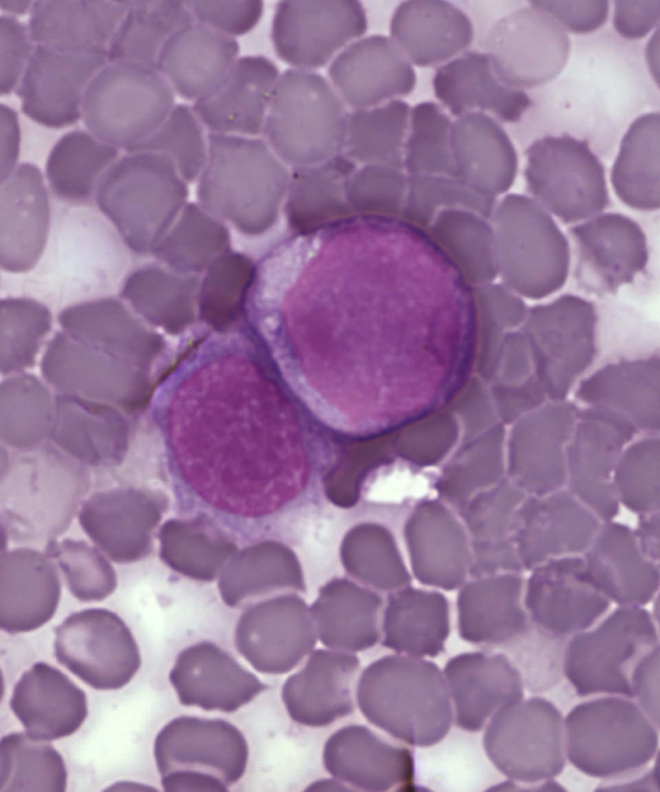
High levels of an enzyme known to suppress the immune system may put patients diagnosed with the most common form of leukemia at the risk of early death, say researchers including one of Indian-origin.
High levels of this enzyme, indoleamine 2,3 dioxygenase, or IDO, at diagnosis can also identify those who might benefit most by taking an IDO inhibitor along with their standard therapy, said the study published in the journal Scientific Reports.
"We want to help people who are not responding to treatment and are dying very soon after their diagnosis," said Ravindra Kolhe from Medical College of Georgia at Augusta University in the US.
The researchers found that increased IDO expression in the bone marrow biopsy of patients with acute myeloid leukemia, or AML, correlated with lower overall survival rates and early mortality.
It also indicates that IDO expression should routinely be measured when the diagnostic bone marrow biopsy is performed, Kolhe said.
An early phase clinical study is already underway to begin to explore the IDO inhibitor's clinical potential in these patients, the researchers said.
"We wanted to look at what makes this leukemia so aggressive that initial induction chemotherapy is not working," Kolhe said.
While everyone has the IDO gene, it's the cancer cells in this scenario that activate the disabler of the immune response, he said.









